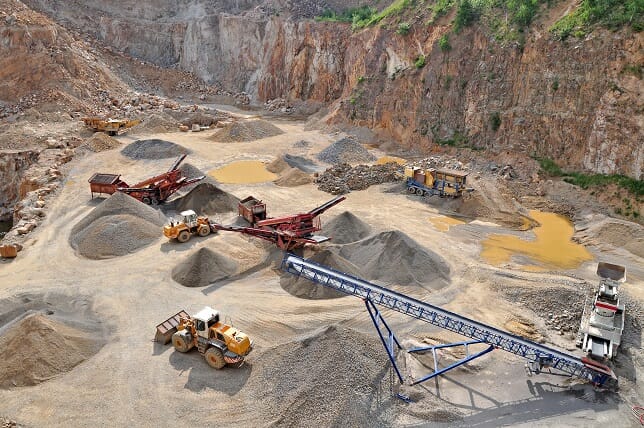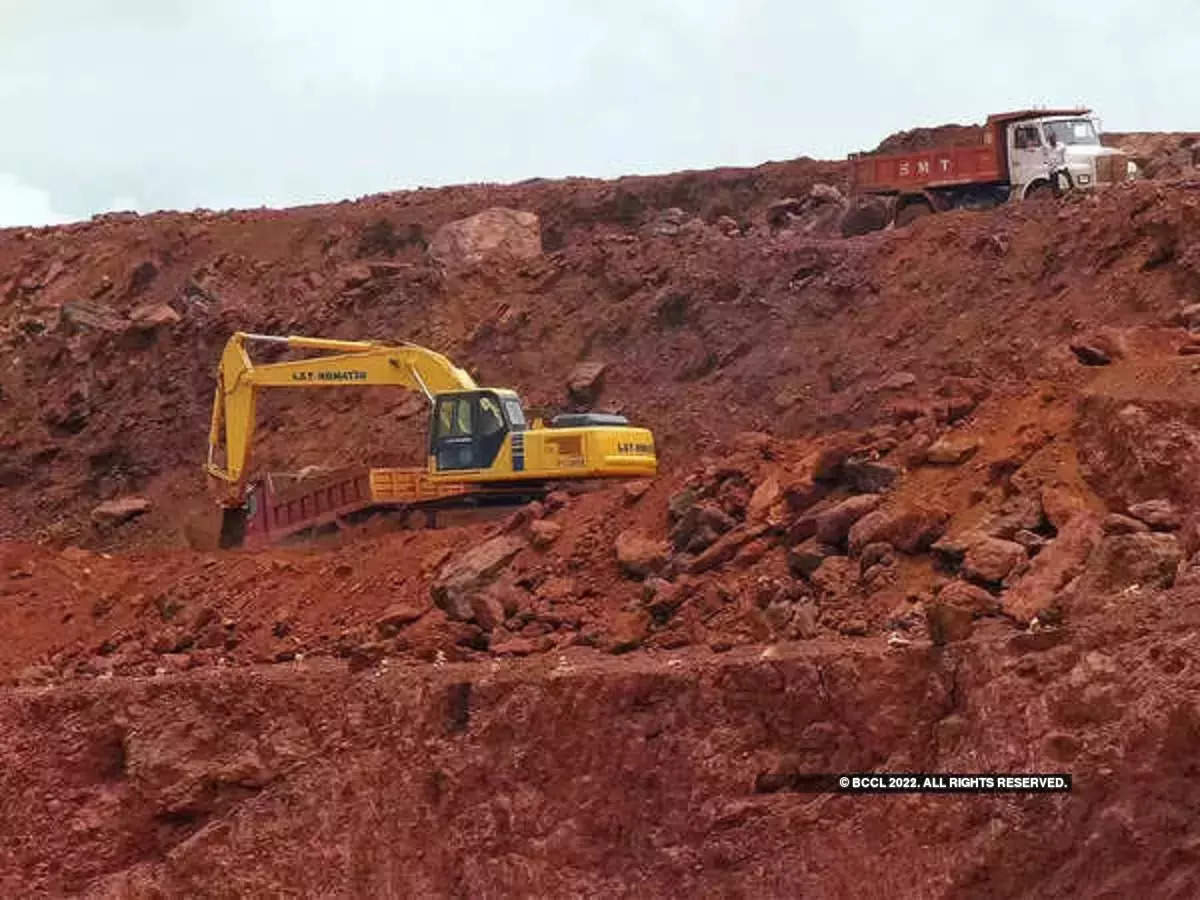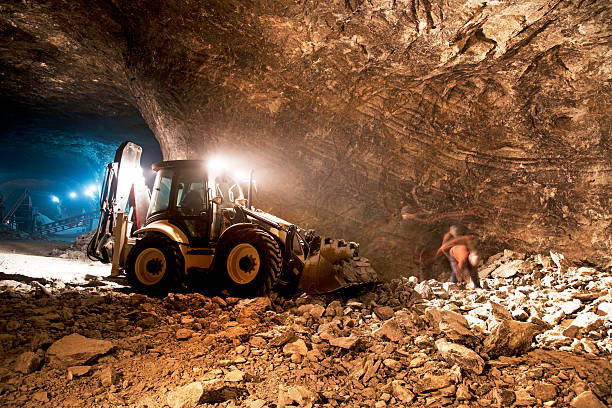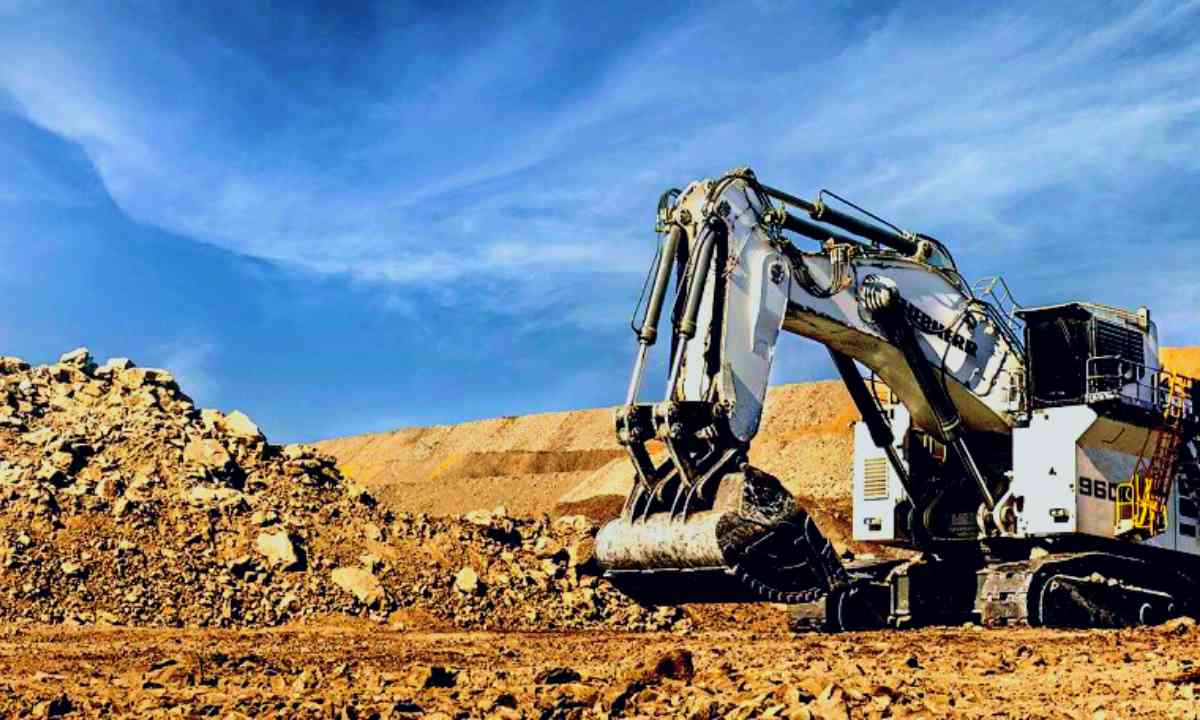Mining can be harmful to the environment due to the destruction of natural habitats, the release of greenhouse gases and other pollutants, and the consumption of large amounts of energy.

Here are some reasons why mining is classified as harmful to the environment:
- Land Degradation: Large scale mining activities can lead to the destruction of forests, land degradation and erosion. This can have negative impacts on the local ecosystem and wildlife.
- Water Pollution: The chemicals used in mining can contaminate water sources and lead to water pollution. This can have negative impacts on aquatic life and can also affect the quality of water for human consumption.
- Air Pollution: The mining process generates dust and particulate matter, which can have negative impacts on air quality. This can lead to respiratory problems and other health issues for people living in the area.
- Noise Pollution: The mining process is often accompanied by noise, which can be disruptive to people living in the area and can also have negative impacts on wildlife.
- Health Risks: The chemicals and substances used in mining can be harmful to workers, as well as to people living in the surrounding area. This can lead to health issues such as respiratory problems, skin irritation, and other health problems.
- Social Disruption: Large scale mining activities can lead to the displacement of local communities, which can cause social disruption and lead to conflicts. This can also have negative impacts on the local economy and cultural traditions.
However, mining is also an important industry that provides many jobs and resources.
Imposing penalties on mining may be necessary in some cases to incentivize companies to reduce their negative environmental impacts and adopt more sustainable practices. As these penalties will hopefully lead to the companies to take better precaution and care.

There are several potential penalties that can be imposed on mining operations:
- Environmental fines: If a mining company is found to be violating environmental regulations, they may be subject to fines or other penalties. This can include damaging natural habitats, polluting water sources, or emitting harmful air pollutants.
- Safety violations: If a mining company is found to be failing to adhere to safety regulations, they may be subject to fines or other penalties. This can include failing to provide proper safety equipment, failing to properly train employees, or failing to follow proper safety procedures.
- Breach of contract: If a mining company fails to fulfil the terms of their contract with another party, they may be subject to financial penalties or other consequences.
- Criminal charges: In severe cases, mining companies may be subject to criminal charges for engaging in illegal activities, such as corruption or bribing officials.
- Loss of reputation: A mining company that is found to be engaging in unethical or irresponsible practices may suffer from a loss of reputation, which can lead to financial losses and a decline in business.

Care must be taken to ensure that such penalties do not negatively impact the industry and the people it employs. A balance must be struck between economic development and environmental protection.
© Vygr Media Private Limited 2022. All Rights Reserved.























